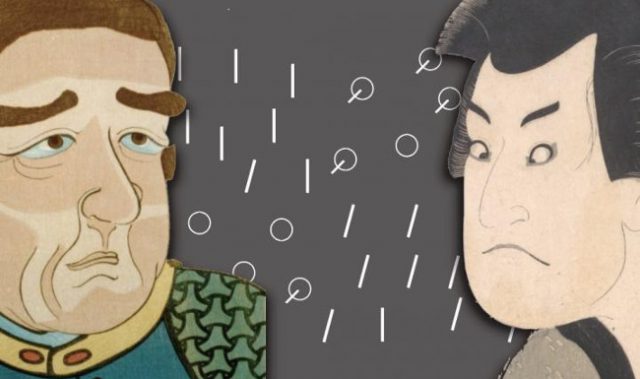
AsianScientist (Oct. 19, 2016) – Researchers in Japan have shown that great apes can process false beliefs, which is the notion that someone’s understanding of a situation may not be congruent with reality. The paper was published in Science.
“Say there are two friends, Sally and Bob, and Sally puts her pen into her pencil case,” explained corresponding author Assistant Professor Fumihiro Kano of Kyoto University. “She looks away for a moment, and Bob, in the meantime, puts the pen in his pocket. Sally would think the pen is still in her pencil case. This is an example of a false belief.”
Kano added that human infants only start understanding the concept of false beliefs after they’re about four years old, and despite their excellent social cognitive skills, great apes consistently failed the false-belief test in previous studies.
The present study challenges the view that the ability to understand unobservable mental states is unique to humans. Here, the researchers showed chimpanzees, bonobos, and orangutans a video in which two humans, one dressed in an ape suit, are playing a hide-and-seek-like scenario. An eye-tracker on a TV monitor follows an observing apes’ gaze, recording where the ape anticipates the action will occur next. The video was adapted from a typical false-belief test that indicates whether someone can understand that another’s actions are not driven by reality, but by beliefs about reality, even when those beliefs are false.
According to the researchers, the apes performed very well, even when compared to human infants and adults. The results indicate that the great apes can predict how the human in the video will make the wrong choice, showing that apes understand reality-incongruent beliefs—at least when the test subject only needs to passively watch a video.
“These findings suggest that this essential human skill—to recognize others’ beliefs—may be at least as old as humans’ last common ancestor with the other apes, which lived 13 to 18 million years ago,” elaborated first author Dr. Christopher Krupenye.
The article can be found at: Krupenye et al. (2016) Great Apes Anticipate that Other Individuals Act According to False Beliefs.
———
Source: Kyoto University; Photo: Pixabay.
Disclaimer: This article does not necessarily reflect the views of AsianScientist or its staff.












